THESE 5 STEPS WILL HELP SENIORS INCREASE THEIR CAPABILITIES BEFORE DISASTER STRIKES
If you’re determined to be self-reliant, you might be preparing to stay safe from tornadoes, hurricanes, wildfires or urban crime, depending on where you live.
But there’s one inevitable situation for all of us that perhaps should demand more of our attention: old age.
At some point, we’ll all be looking at being more frail. Bones will break more easily. We might have trouble maintaining our balance. We’ll have less strength and stamina. We’ll be slower. Our senses might be somewhat diminished with weaker eyesight and hearing impairment. Our memory might be failing. We’re likely to have medical conditions that require drugs or devices to keep us going.
These things will only compound the challenges we’ll face in the event of any environmental threats. So, what can we do about? We can’t count on miracles, but we can take steps to lessen the severity of our circumstances.
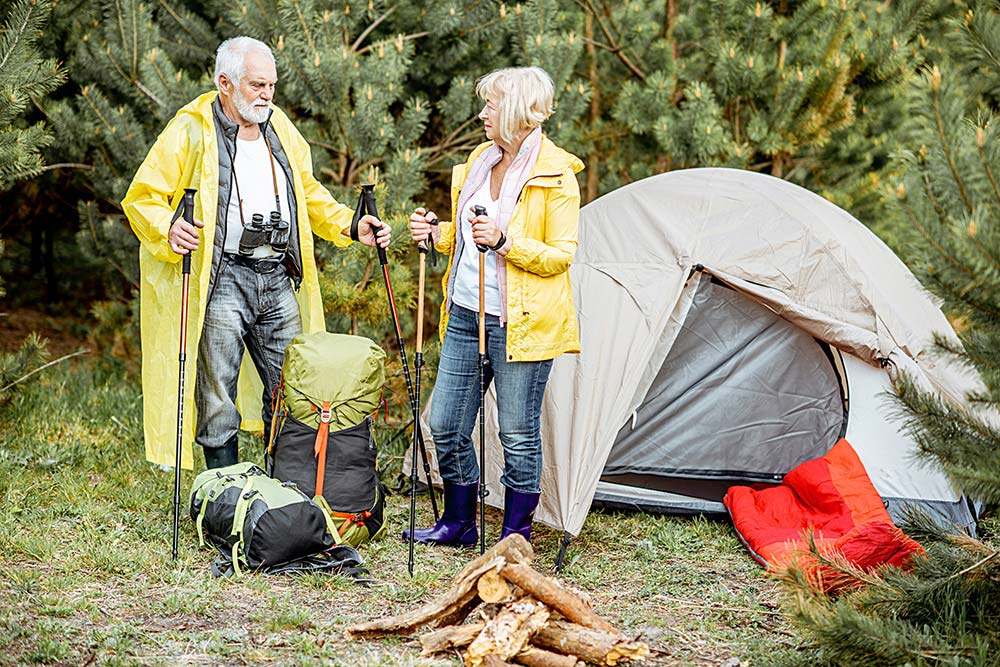
1. FIRST, ADMIT IT
A few years back, I was on a bow hunt for elk with friends in a Colorado wilderness area. The trip required us to backpack several miles. I struggled to the point where I thought I was going to die right there on the mountain. Afterwards, I told myself that the cause of my problem was merely the high elevation coupled with insufficient pre-trip conditioning.
But then it happened again more recently. I struggled on an overnight backpacking trip on the uphill climbs. I was discouraged because I had to admit that a big contributing factor in my difficulties was the fact that I was no longer in my 20’s.
In my younger days, if things got difficult, I knew I could just turn up the effort, tough it out, and muscle through it. In my mind, I believed I could still do that, but now my body wasn’t responding. Through years of inconsistent activity, I no longer maintained that peak physical conditioning.
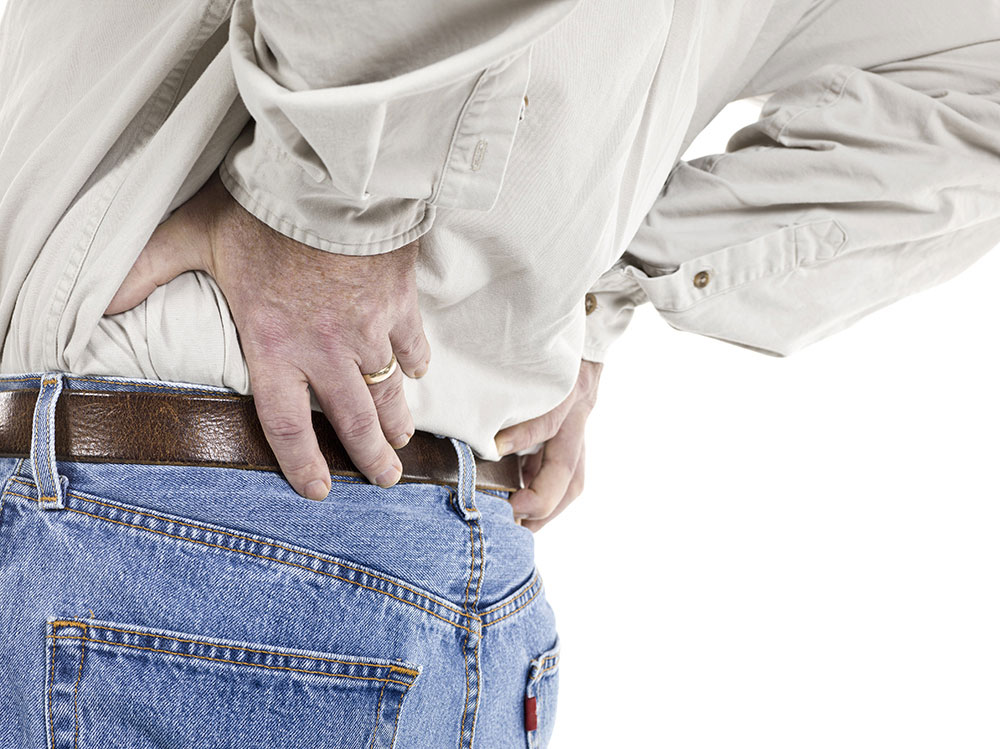
I’m fortunate in that I have no physical ailments yet that would prevent me from improving my strength and endurance. However, now I must acknowledge that if I’m to undertake something that’s physically challenging, my age dictates that I need to get into a regular conditioning routine well in advance, along with setting more realistic goals.
In preparing for any critical situation, we first must admit that an aging body is a factor and that we must take that into consideration no matter how much youthful confidence we still possess.
2. ASSESS, IMPROVE
Ok, you’ve admitted that you’re not a kid anymore. Now what? Well, the next step is to assess your current concerns and capabilities honestly and to determine what realistic improvements can be made. What are your limitations, what are your strengths? Write them down if you want and go from there.
Physical capabilities play a big part in your ability to handle emergency situations. It’s not all about how far you can hike with a heavy pack, although that was the eye-opening moment for me. If you’re staying at home, preparing to take shelter from a storm, there might be ladders to lift, windows to board up, water jugs to carry, generators to move into position.
After an event, could you remove downed branches from your vehicle to escape the disaster zone? Could you lift building debris to rescue a loved one? Could you assist a spouse who might not be able to walk? You need to be active every day and work at maximizing your physical capabilities, whether that means working up to jogging five miles or merely striving to being able to get up and down the stairs in your home. Remaining stagnate can kill you.
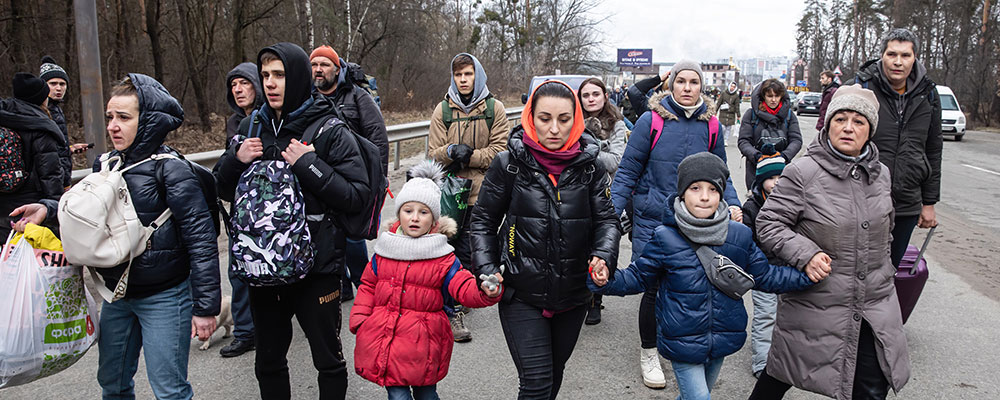
You also need to assess your medical conditions. How long could you go without your prescription’s medications? If your doctor won’t prescribe quantities you can store for emergencies or your insurance won’t cover the costs, what are your options? If the pharmacies are shut down due to the crisis will your only option be overcrowded hospital emergency rooms? Are there any over-the-counter alternatives that will suffice in the short term? You need to assess your ability to handle these possibilities before the trouble arrives.
You should access you living quarters and surroundings too. Could you chop through the ceiling in your attic to get to the roof when the flood waters are rising? Maybe installing an escape hatch is wise if you live in a flood zone. If you live in a fifth floor apartment, at your age could you tie bed sheets together and climb out of a window to safety if the building’s on fire? Could you manage a chain ladder instead?
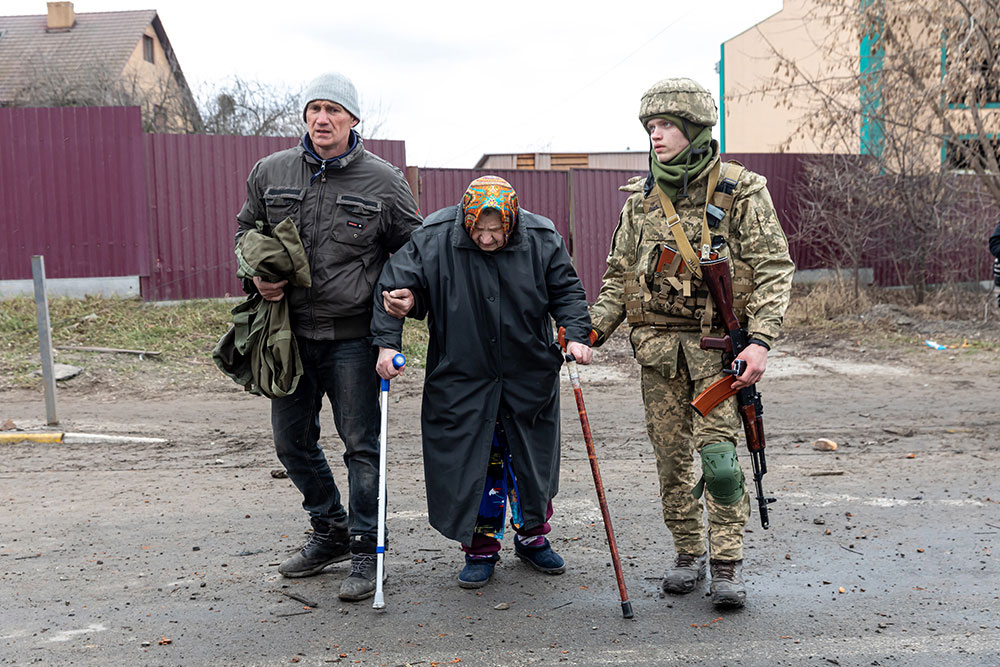
EARLY BIRD special
Yes, getting the senior discount for dining early at a restaurant might be smart, but so is getting an early start on implementing a disaster plan. If the best plan is to shelter at home, don’t wait until the last minute to prepare if you know a storm is coming.
“AS YOU AGE, YOU HAVE TO CHANGE YOUR MINDSET FROM SELF-RELIANCE TO INTERDEPENDENCE.”
Keep food and other supplies on hand. Don’t wait for younger shoppers to push you out of the way as they fight to grab last-minute emergency supplies before a blizzard or hurricane. As you get older, it will take you longer to get ready and you’ll need more frequent breaks to catch your breath. So, fill your water jugs early and move them with other gear into the safest room in your house. Load up your vehicle well in advance and fill the gas tank in case you have to evacuate.
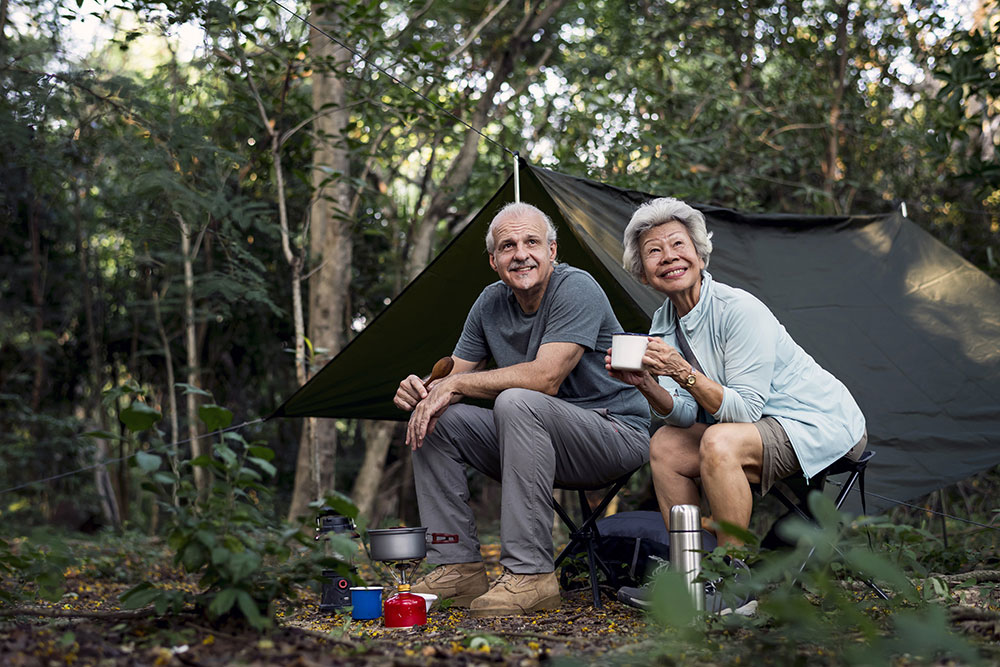
And if evacuation does become necessary, don’t wait until the last minute by clinging stubbornly to emotional attachments you might have to your house and your possessions. You might miss those photo albums and the house you called home for 40 years, but your grandchildren will miss you more if you don’t get out of there.
Roadways can get washed out or become blocked with debris or disabled vehicles, bridges can collapse, mobs can surround your car and drag you out through a window. You’re old, remember? You don’t want to end up on foot if you can help it. That’s not your strong suit and I’ve already confessed it’s not mine. By bugging out early, you might be able to avoid many of the obstacles both actual and metaphorical that could prevent you from making it to safety.
MORE MECH, MORE TECH
As your physical abilities diminish, you’ll need to rely more on mechanized and high-tech devices. I always thought that if my wife and I had to bug out in an extreme situation, I’d want to bring our canoe or two-man kayak and put the bicycles on the back of the car.
My wife and I can still lift the canoe and kayak to the top of the car, but the time might come when that’s more difficult. Maybe I should look at making some ramp or pulley lift system that would make the job easier. And maybe I’ll look at getting a trolling motor for the flat-back canoe because quite honestly I don’t know how far I can paddle these days.
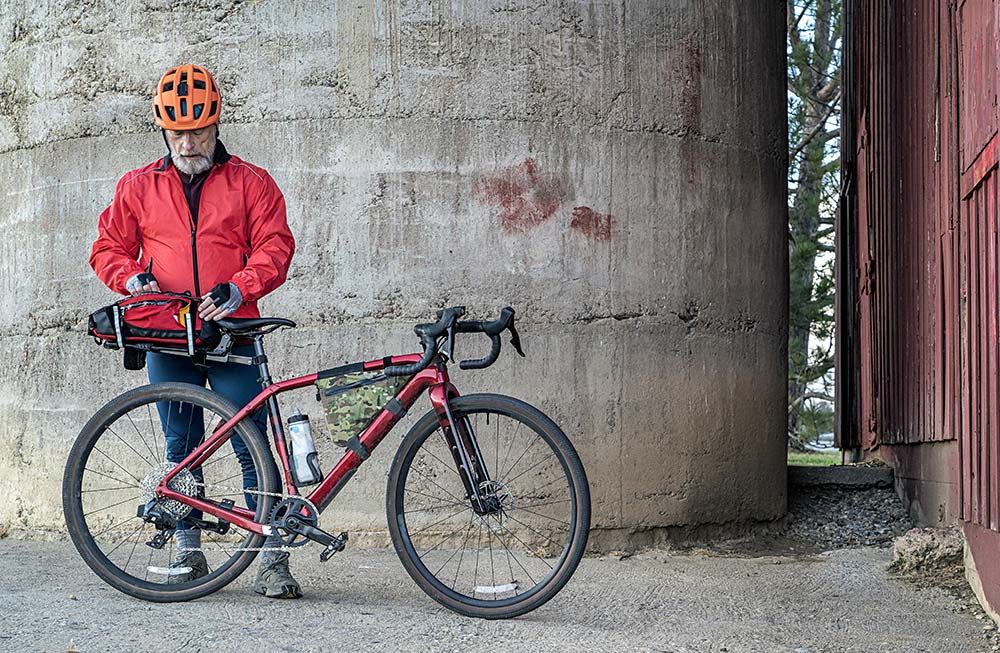
I love bicycles as a mode of transportation, but the hills are more of a challenge now. My wife and I both have electric pedal-assist bikes too. Mine will go more than 100 miles before I need a recharge. These bikes might be a better option for us in the years ahead for emergency transportation if car travel becomes impossible.
Yes, we’re old, but we can still learn how to use our computers and cell phones if we’re not too obstinate about it. These devices can give us access to valuable information, and provide lifesaving communication and navigation.
If we’ve been counting on firewood for cooking and heating our homes in emergency situations, maybe swinging an axe to chop a couple cords of firewood won’t be an option as we age. Maybe some combination of wind and solar energy can provide electric options. Having an ample supply of fuel for your camp stove might be a better option than fire for cooking.
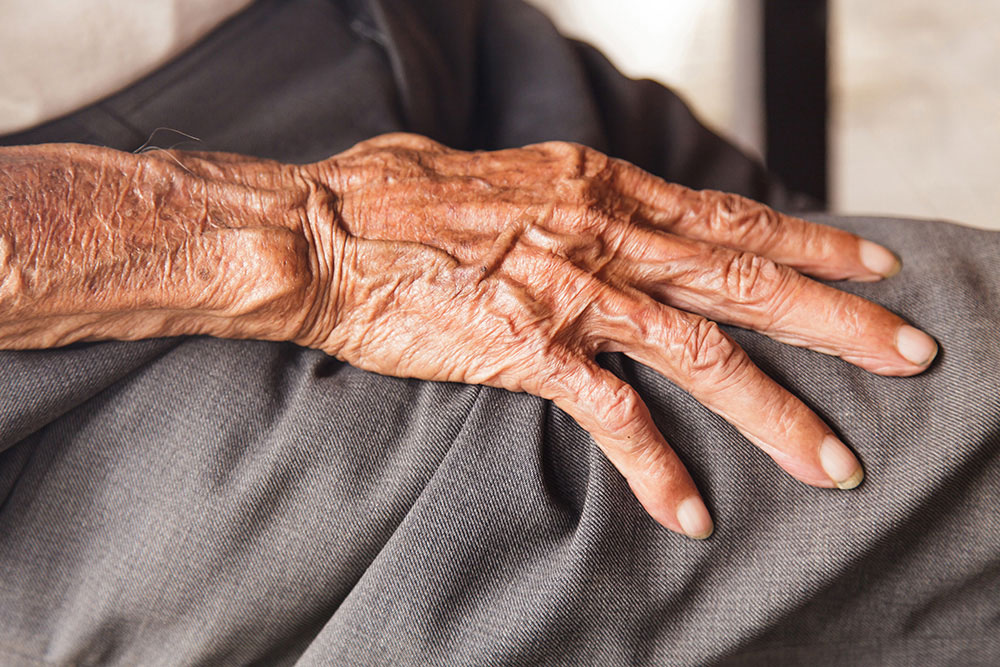
MUTUAL COOPERATION
If you’ve been independent your whole life, it might be difficult to admit that you now need some assistance. But as romantic as the lone wolf lifestyle might seem, most disaster situations require community groups to work together.
As you age, you have to change your mindset from self-reliance to interdependence. You will probably need someone help you with the physical challenges of surviving a crisis. The question becomes what do you have to offer in return?
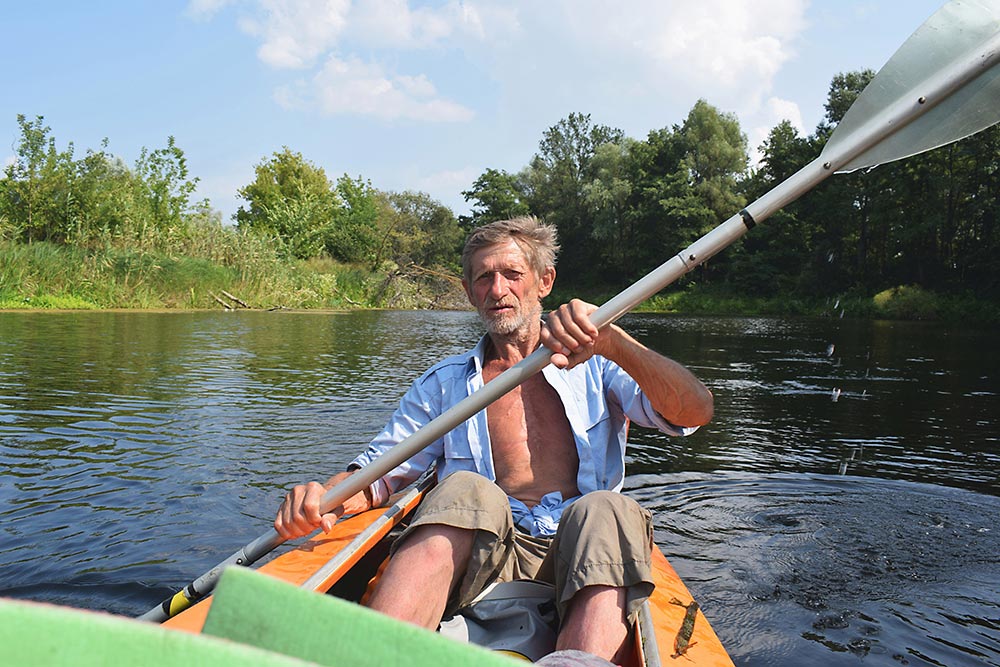
If you have a well-stocked cache of emergency supplies, some of those supplies can be bartered away in exchange for physical labor. Also, it’s likely your years have given you knowledge and experience that could be useful to any group digging its way out of a disaster situation. Maybe you have knowledge of first-aid or auto mechanics. Maybe you’d be most useful in a camp kitchen, stirring up a hobo stew using scrounged ingredients to feed others who are doing the heavy lifting.
Before things get critical, it’s wise to establish a network of relatives, friends, and neighbors you can count on for assistance. You’re more likely to receive help if you’ve been the friendly, helpful neighbor rather than the reclusive, grumpy geezer who always yells at the neighborhood kids to stay off your lawn.
NO MAGIC SOLUTION
The fountain of youth has yet to be discovered. As we age, we have to be prepared to change our tactics. Try to remain active mentally and physically to slow the gradual decline while you look for creative ways to replace muscle with mindful methods.
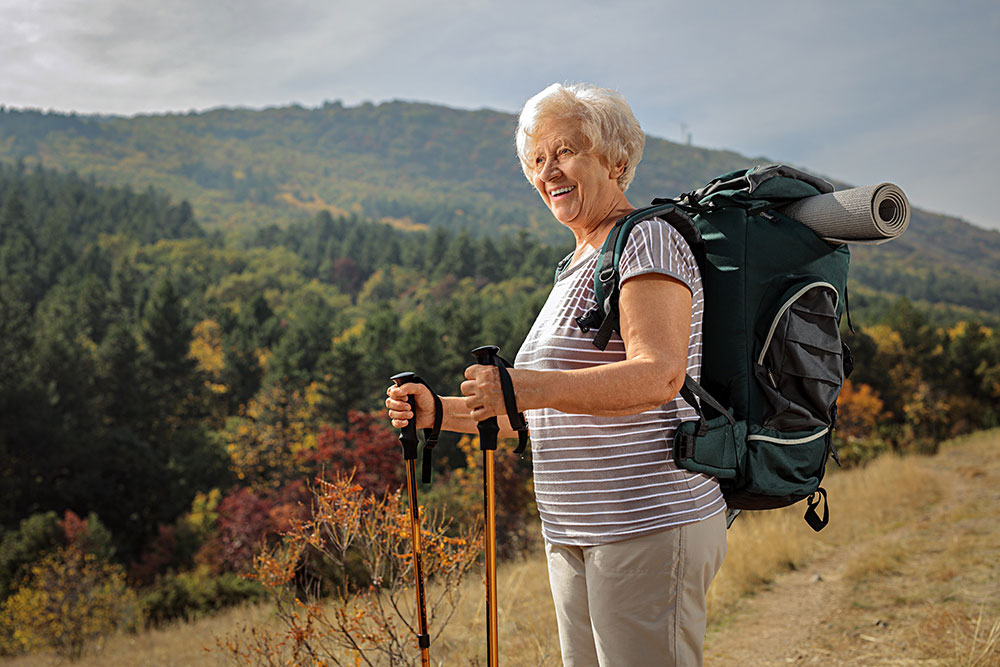
SLOW AND STEADY CAN WORK FOR SENIORS
Don’t put away that walking stick yet. There are many seniors who continue to hike and backpack well into their 70s and beyond. Check out this video on tips for old hikers.
WATCH TIPS
divider]Editor’s Note:[/divider]
A version of this article first appeared in the May 2022 issue of American Outdoor Guide Boundless.

